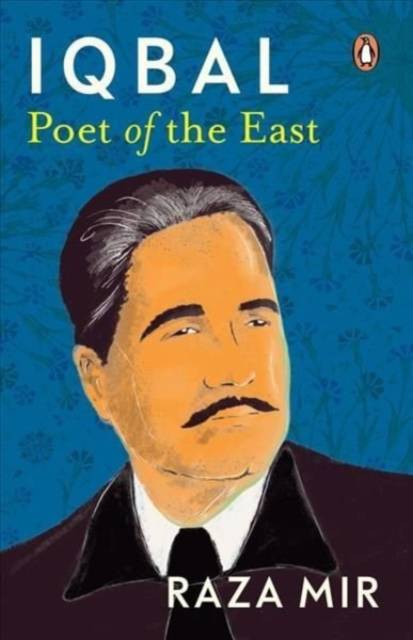
- Afhalen na 1 uur in een winkel met voorraad
- Gratis thuislevering in België vanaf € 30
- Ruim aanbod met 7 miljoen producten
- Afhalen na 1 uur in een winkel met voorraad
- Gratis thuislevering in België vanaf € 30
- Ruim aanbod met 7 miljoen producten
Zoeken
Omschrijving
Allama Muhammad Iqbal (1877-1938), also known as the 'Poet of the East', earned a doctorate in philosophy from the Ludwig-Maximillian University at Munich, and wrote his most evocative poems in Urdu, a language that was not his mother tongue. He counted Jawaharlal Nehru as one of his fans, and earned Mahatma Gandhi's respect as well. His funeral was attended by 70,000 people, which included colonialists and freedom fighters, socialist atheists and Islamic fundamentalists, Indian nationalists and Muslim Leaguers, reflecting his ability to defy categorization.
The book is a relatively short volume that introduces Iqbal to the millennial generation. It is written in a relatively contemporary language, similar to Ghalib: A Thousand Desires. The bulk of the book will comprise a temporal and intellectual biography of Iqbal, while the rest will include a detailed discussion of one of Iqbal's poems, a translation of some of his well-known poems, and a sampling of some of his famous verses.It will not for the Iqbal-expert or the Urdu-expert, but for a relative newcomer.
Specificaties
Betrokkenen
- Auteur(s):
- Uitgeverij:
Inhoud
- Aantal bladzijden:
- 256
- Taal:
- Engels
Eigenschappen
- Productcode (EAN):
- 9780143452041
- Verschijningsdatum:
- 1/04/2022
- Uitvoering:
- Paperback
- Formaat:
- Trade paperback (VS)
- Afmetingen:
- 124 mm x 196 mm
- Gewicht:
- 199 g

Alleen bij Standaard Boekhandel
+ 44 punten op je klantenkaart van Standaard Boekhandel
Beoordelingen
We publiceren alleen reviews die voldoen aan de voorwaarden voor reviews. Bekijk onze voorwaarden voor reviews.











